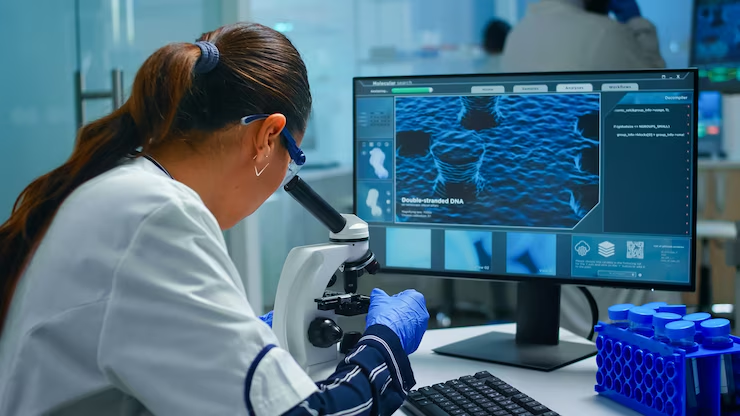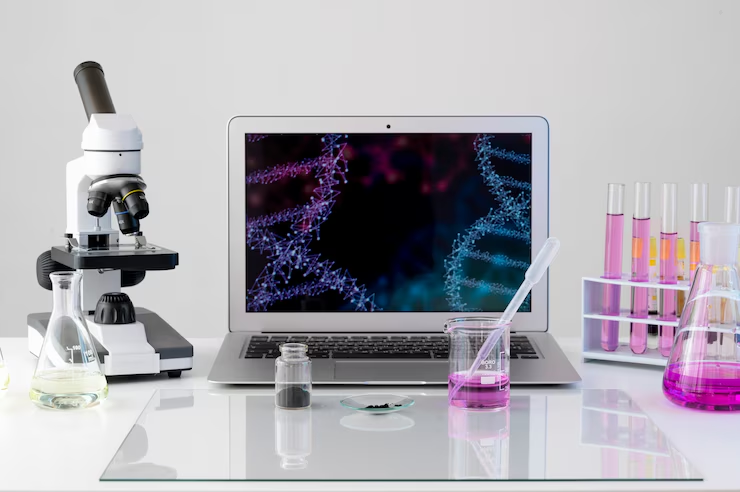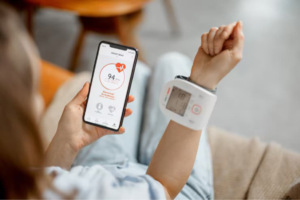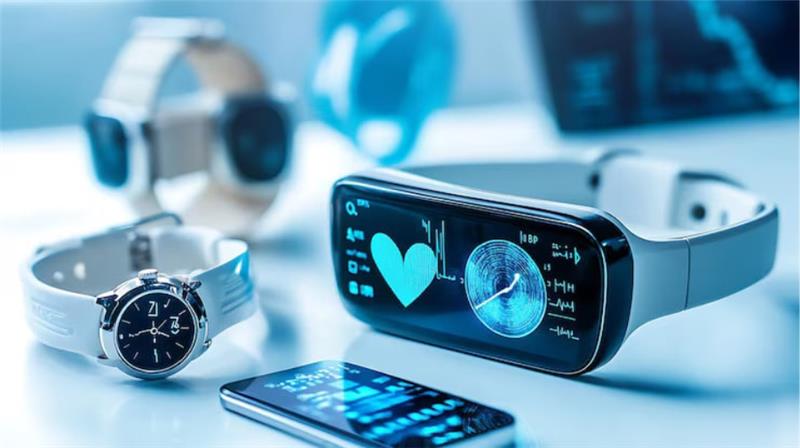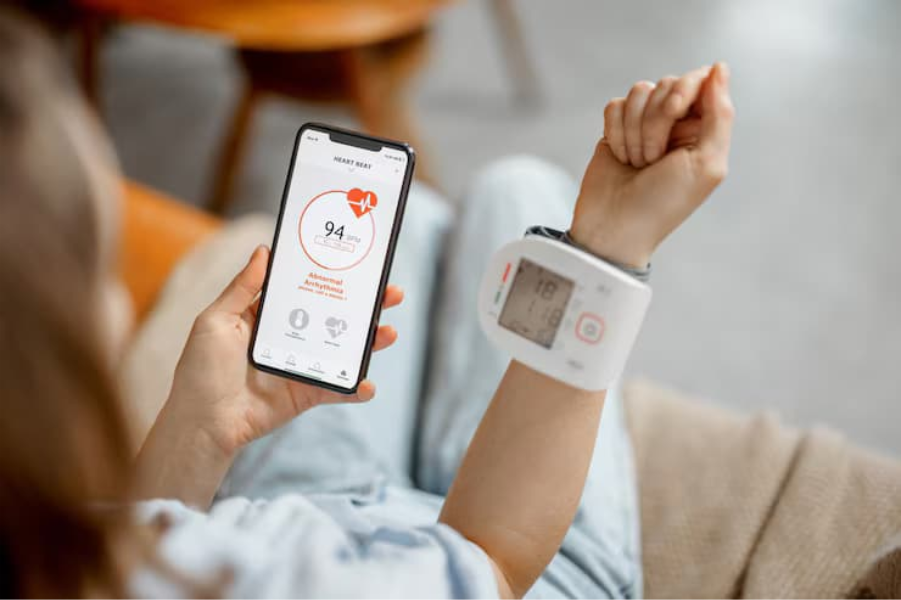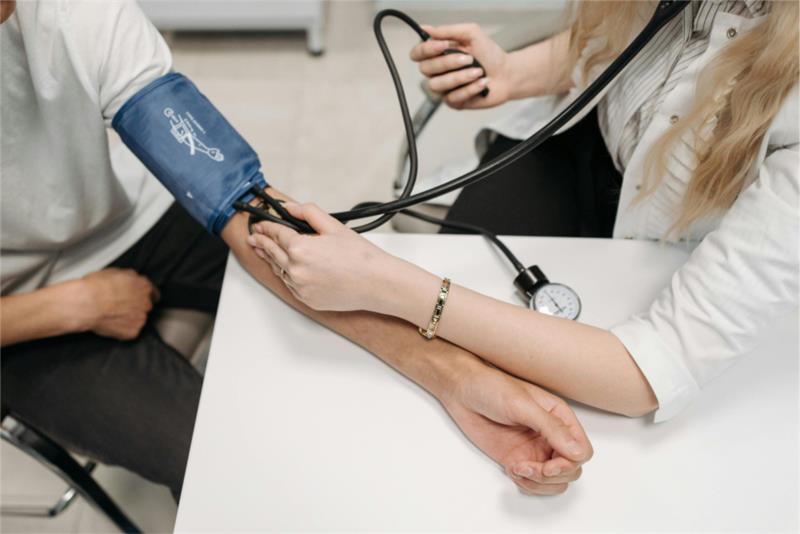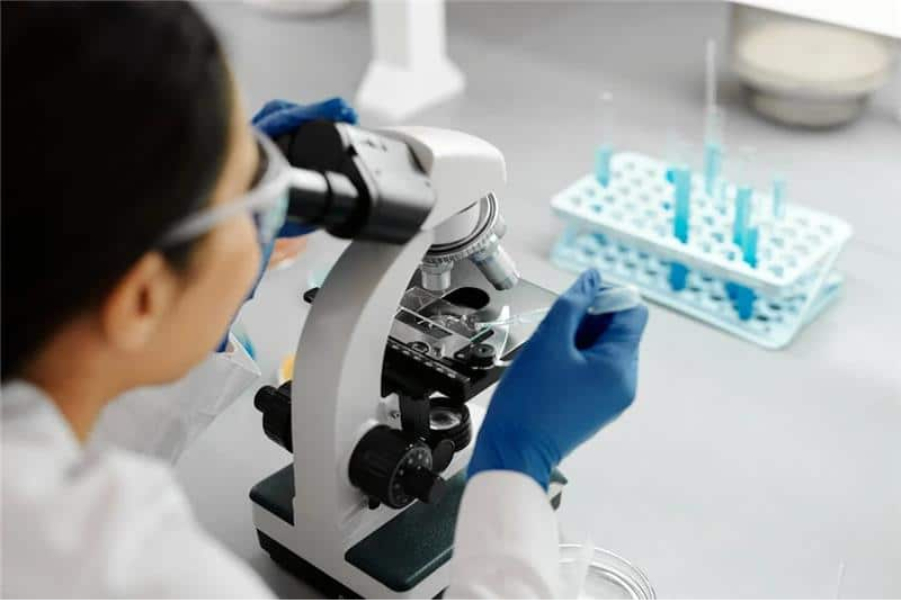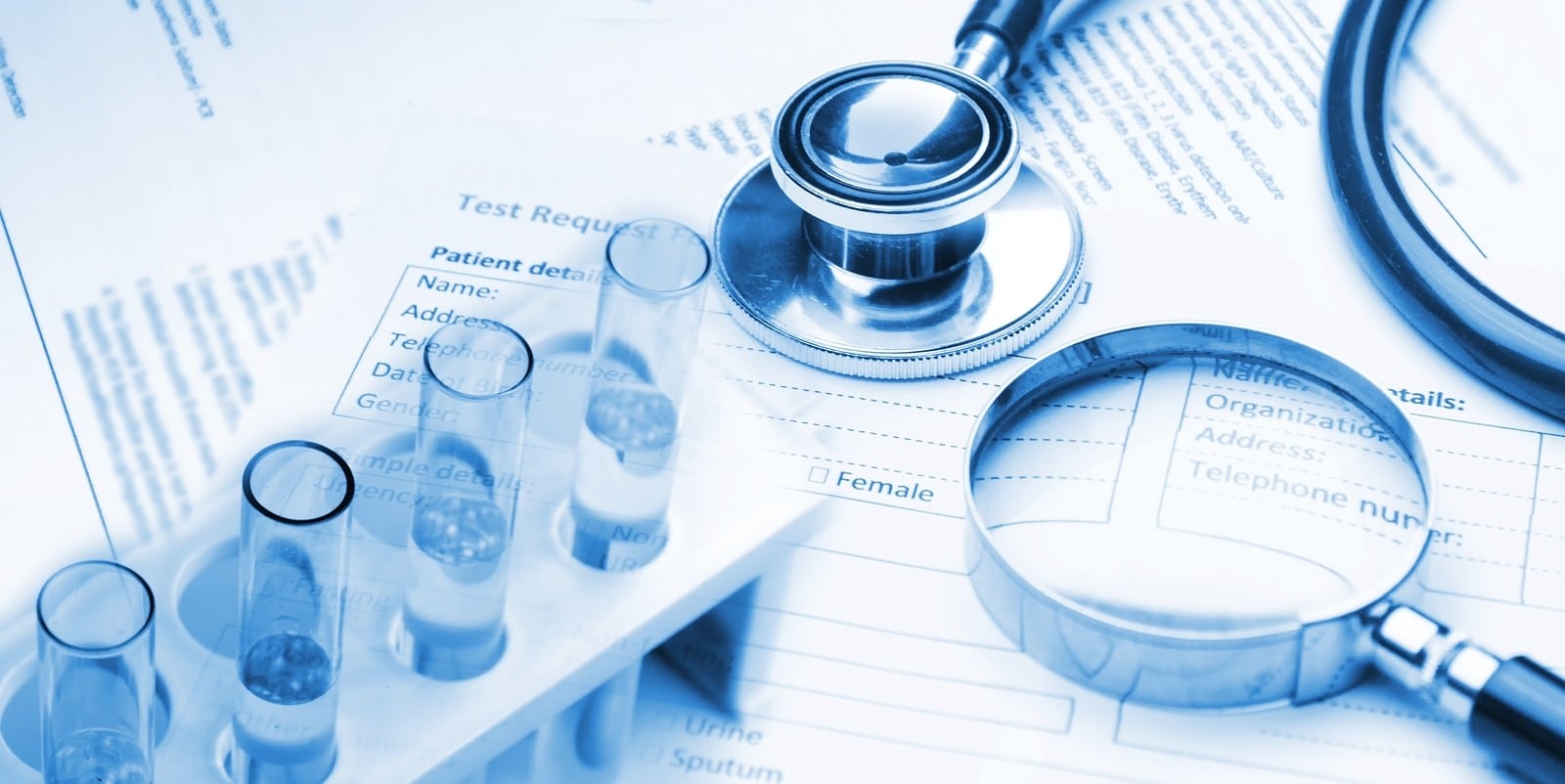Introduction
In today’s fast-paced healthcare environment, the way we monitor patients is changing rapidly. With the rise of digital health tools, patient care is no longer confined to hospitals or clinics. One of the most important developments in this space is the emergence of digital biomarkers—data points collected from digital devices that provide insights into a person’s health.
Unlike traditional medical tests that require physical samples or in-person visits, digital biomarkers offer real-time, continuous health information using everyday tools like smartphones, smartwatches, and wearable sensors. These tools are part of a broader trend known as patient monitoring technologies, which allow healthcare providers to track health data remotely and make better-informed decisions.
This blog will explore how digital biomarkers work, their role in transforming patient monitoring, the technologies that support them, and how they improve outcomes. We’ll also highlight how platforms like Delve Health support the future of healthcare through remote monitoring and data-driven insights—all in a straightforward, reader-friendly tone.
What Are Digital Biomarkers?
Digital biomarkers are objective, quantifiable data collected through digital devices that reflect a person’s physical or behavioral health. They are typically captured using wearables, mobile apps, or other biosensor-enabled tools. Unlike traditional biomarkers, which may require blood tests or imaging, digital biomarkers are gathered passively and continuously, often without disrupting a patient’s daily routine.
Examples of Digital Biomarkers:
- Heart rate and heart rate variability collected from fitness trackers
- Blood glucose levels measured by continuous glucose monitors
- Sleep patterns tracked via smartwatches
- Gait and mobility assessed through smartphone accelerometers
- Stress levels inferred from physiological and behavioral data
These data points provide clinicians with a window into a patient’s health over time, not just during appointments. Because they can be tracked over days, weeks, or even months, digital biomarkers reveal patterns and trends that help with diagnosis, monitoring, and treatment decisions.
For instance, a person managing diabetes can benefit from a continuous stream of glucose readings, helping their doctor adjust medications in real time. Similarly, someone with heart disease can be monitored for arrhythmias or irregular patterns without having to wear bulky medical equipment.
The Evolution of Patient Monitoring Technologies
Traditionally, patient monitoring relied on in-person visits, periodic lab tests, and hospital-based equipment. While these tools have saved lives, they also have limitations. They offer only snapshots of health and often miss subtle changes that occur between visits.
With the rise of digital health technologies, especially wearable devices, patient monitoring has moved out of the hospital and into everyday life. Smartwatches, patches, rings, and even smartphones can now track and transmit health data in real time.
These tools connect to cloud platforms that use health data analytics to process large volumes of information. This integration allows healthcare teams to detect early signs of trouble, provide preventive care, and reduce the risk of complications.
Some key improvements in modern patient monitoring technologies include:
- Continuous data collection instead of one-time readings
- Real-time alerts for patients and providers
- Remote access to patient data from any location
- Data visualization for easier interpretation and trend analysis
All of this enables proactive care, which can lead to better outcomes, fewer hospitalizations, and more efficient use of healthcare resources.
Applications of Digital Biomarkers in Patient Care
Digital biomarkers are already being used in many areas of healthcare, with significant benefits across multiple conditions. These applications are not only changing how doctors treat patients but also how researchers conduct clinical trials.
Chronic Disease Management
For patients with chronic conditions such as diabetes, hypertension, or heart disease, digital biomarkers offer constant feedback on how their bodies are responding to treatments. Devices like continuous glucose monitors and wearable ECG sensors allow doctors to adjust medication or lifestyle recommendations based on real-world data.
Mental Health Monitoring
Digital biomarkers are also making their way into mental health care. Behavioural patterns such as changes in sleep, phone usage, or activity levels can help identify symptoms of depression, anxiety, or bipolar disorder. These early signals can prompt timely interventions, reducing the risk of crisis situations.
Post-Operative Recovery
Patients recovering from surgery can benefit from wearables that monitor heart rate, temperature, and movement. This data helps providers track healing progress and detect complications such as infections or blood clots before they become serious.
Home-Based Care
As healthcare shifts from hospitals to homes, digital biomarkers play a critical role in keeping patients safe. Whether managing a chronic illness or recovering from an illness like COVID-19, patients can be monitored without needing to visit a facility, reducing costs and improving comfort.
Clinical Trials
In the research world, digital biomarkers are becoming essential for decentralized clinical trials. Platforms like Delve Health help collect and analyze digital data from participants in real-world environments, enabling more diverse and representative trials. This also speeds up data collection and improves accuracy.
How Digital Biomarkers Improve Clinical Outcomes
The ultimate goal of any medical technology is to improve patient outcomes. Digital biomarkers help achieve this in several ways:
Early Detection and Prevention
Because digital biomarkers are collected continuously, they can detect small changes in a person’s health before symptoms appear. This enables earlier interventions, which often lead to better outcomes.
For example, changes in heart rate variability might signal a potential cardiac issue before it becomes a crisis. Early alerts can prompt a call from a nurse or a change in treatment.
Personalized Treatment Plans
Digital biomarkers help clinicians tailor treatments based on individual data. Instead of using a one-size-fits-all approach, doctors can create care plans that reflect each patient’s unique physiology and lifestyle.
This is especially important in conditions like cancer, where timing and dosage of treatments can greatly impact success rates.
Real-Time Feedback Loops
Real-time data allows for rapid adjustments. If a patient starts a new medication and it’s affecting their heart rate or sleep, a provider can intervene immediately rather than waiting for the next visit.
Reduced Hospital Readmissions
With better monitoring comes better management. Patients who are closely monitored after discharge are less likely to return to the hospital. This reduces strain on the healthcare system and lowers costs.
Role of Data Analytics in Interpreting Digital Biomarkers
Collecting data is only half the equation. Making sense of that data is where health data analytics comes in. Today’s digital health platforms use advanced algorithms, including artificial intelligence (AI) and machine learning (ML), to turn raw numbers into meaningful insights.
These systems can:
- Identify trends and outliers
- Predict future health events
- Generate alerts for abnormal readings
- Summarize large volumes of data into simple reports
Analytics also play a role in clinical research, where they can help validate the effectiveness of digital biomarkers by comparing them with traditional outcomes.
However, it’s important to handle this data responsibly. Privacy, data security, and regulatory compliance are crucial. Platforms like Delve Health ensure that patient data is encrypted and managed under strict protocols to maintain trust and confidentiality.
Remote Patient Monitoring: Empowering Care Beyond Hospitals
Remote patient monitoring (RPM) is one of the most important use cases for digital biomarkers. It allows patients to stay connected to their care teams from the comfort of their homes, making healthcare more accessible and less stressful.
For people living in rural areas or those with mobility challenges, RPM removes the need for frequent travel. It also empowers patients to take a more active role in their care by giving them real-time access to their health data.
Healthcare providers benefit, too. They can track multiple patients simultaneously, receive alerts about critical changes, and intervene quickly if necessary.
Companies like Delve Health provide the infrastructure for such solutions. Their platform supports:
- Wearable integration
- Real-time data collection
- Patient engagement tools
- Secure analytics dashboards
This makes it easier for providers to scale remote monitoring programs and deliver high-quality care outside traditional settings.
Challenges and Future of Digital Biomarkers
Despite the promise of digital biomarkers, there are still challenges to address.
Accuracy and Validation
Not all devices are created equal. Ensuring that digital biomarkers are accurate and validated for clinical use is essential. This often requires comparison with gold-standard tests and approval from regulatory agencies like the FDA.
Data Overload
With constant data streaming in, providers may face information overload. Smart filtering and automated analysis help manage this, but continued improvements are needed.
Regulatory and Ethical Considerations
Privacy concerns, consent, and data ownership must be handled carefully. As these tools become more common, new regulations will be needed to protect patients while still enabling innovation.
Interoperability
Digital health tools must integrate with existing electronic health records (EHRs) and other systems. Open standards and shared platforms will help solve this challenge.
Future Trends
Looking ahead, we can expect to see:
- More sophisticated biosensors
- AI models that predict health events
- Implantable devices for deeper monitoring
- Expanded use of biomarkers in behavioral health
These innovations will make digital biomarkers even more powerful and integral to modern healthcare.
Conclusion
Digital biomarkers are transforming how we monitor health, making care more proactive, personalized, and accessible. From chronic disease management to mental health and post-operative care, these tools offer real-time insights that drive better outcomes.
As healthcare continues to evolve, digital biomarkers will play a central role in both clinical care and research. Platforms like Delve Health are leading the way by offering secure, scalable solutions that support remote monitoring, decentralized trials, and advanced data analytics.
To learn more about how digital tools can support your clinical practice or research program, explore the services offered by Delve Health.
FAQs
Q1. What exactly are digital biomarkers and how are they collected?
Digital biomarkers are measurable health indicators gathered using digital devices like wearables, smartphones, or biosensors. They include data such as heart rate, sleep patterns, and physical activity. Collection is often passive and continuous, making it easy to monitor patients in real time.
Q2. How do wearable devices aid in patient monitoring?
Wearable devices track vital signs and other health metrics around the clock. This allows providers to monitor patients remotely, detect changes early, and adjust treatments quickly. Common wearables include smartwatches, fitness trackers, and biosensor patches.
Q3. What are the benefits of remote patient monitoring for hospitals?
Remote monitoring reduces hospital readmissions, lowers costs, and improves patient satisfaction. It also helps providers manage more patients efficiently by using real-time alerts and data dashboards to track health remotely.
Q4. Are digital biomarkers reliable for clinical decision-making?
When validated properly, digital biomarkers can be highly reliable. They provide continuous data that can supplement or even replace traditional clinical measurements in certain cases. However, not all devices are equally accurate, so validation is key.
Q5. How does Delve Health contribute to digital patient monitoring?
Delve Health offers technology platforms that support remote patient monitoring, wearable integration, and decentralized clinical trials. Their tools help healthcare providers and researchers gather and analyze digital biomarker data in a secure and user-friendly way.

